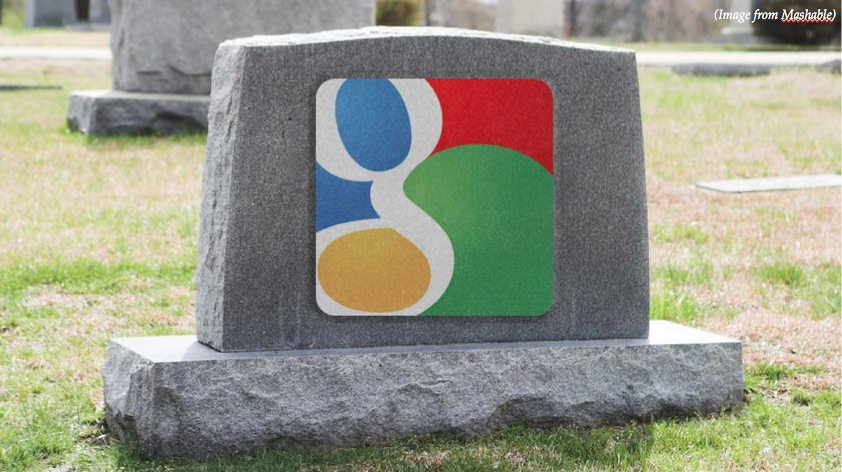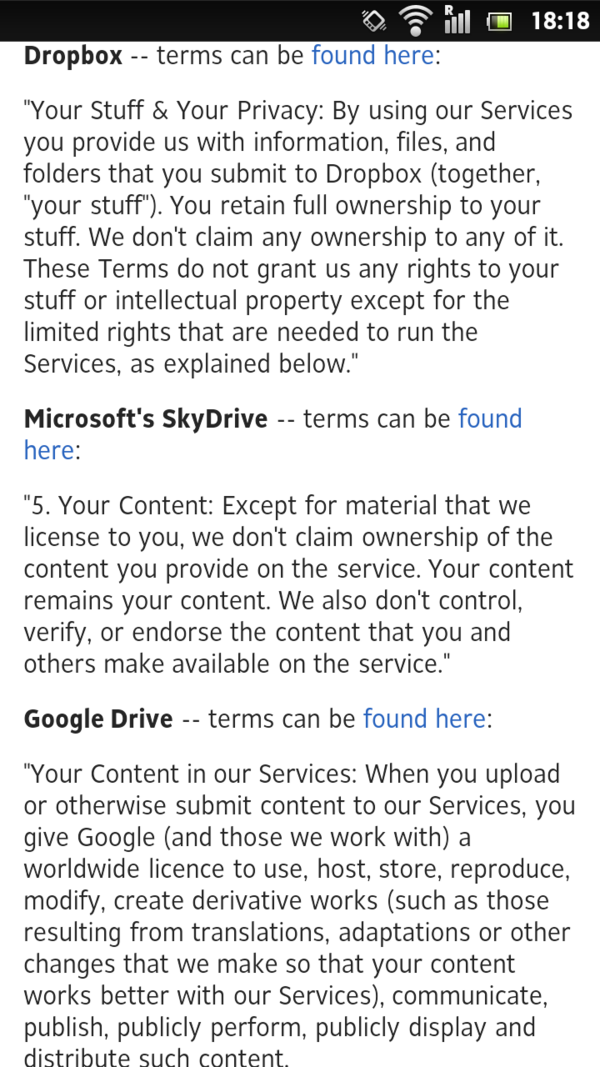When we log out for the final time, will our digital selves outlive us? European companies like SecureSafe and Planned Departure have recently begun to address the issue of data rights after death. The concept is not just theoretical: since July 2012, the parents of dead teenager Alison Atkins have been unable to access images, messages and poems that are locked away in cyberspace.
Cue Google’s arrival – with the unfortunately named ‘Inactive Account Manager’. While they are still alive, the programme allows users to decide what will ultimately happen to their digital presence. If set up, the system will activate when an account is dormant for between three and 12 months, without requiring a court order. The account manager will send a text to your phone and an email to a nominated trustee once the chosen time period has elapsed.
Information stored on Gmail, Google Plus, YouTube and Picasa could then be deleted, partially preserved, or totally ‘inherited’ by an heir. “We hope that this new feature will enable you to plan your digital afterlife – in a way that protects your privacy and security,” wrote Google’s product manager, Andreas Tuerk, in a blog post introducing the service last Thursday.
By letting users plan for their deaths, Google has pushed ahead of its rivals. Both Twitter and Facebook give families a say on whether an account survives the deceased as a ‘memorial’ or is removed (approximately 30 million Facebook accounts are currently ‘owned’ by dead people). But Google’s system moves power into the hands of the individual user, who may want to cherry-pick what data is passed on, and to whom.
Given that we now store many of our most intimate possessions online – photos, videos, letters – we must think about what relatives, friends and even business colleagues might (and might not) be able to access. As Andreas Jacob, Head of Marketing for SecureSafe, explained, “maybe 90 per cent of your data is not relevant for your afterlife, but maybe those 10 per cent are very, very important.”
Instead of leaving our heirs to navigate the ‘cloud’, a few simple clicks might allow us to hand over the information that matters to the people that matter when the time comes. Is this a step too far – technology’s attempt to make us immortal?
Like it or not, it is increasingly important for us to consider and evaluate how our cyber-presence will be managed after we die. It goes far beyond Google, to the data we entrust to sites like PayPal and Dropbox. Worries remain as to whether online heirlooms can really be passed on securely by the multinationals themselves, or if independent firms subject to regulation would be better placed to deal with such sensitive material.
In life, our digital footprints are mammoth-sized; in death, we are only just taking our first baby-steps. For the time being, Google seems to be leading the pack. Doubts may persist, but – as so often – if there is a Will, there may well be a way.






